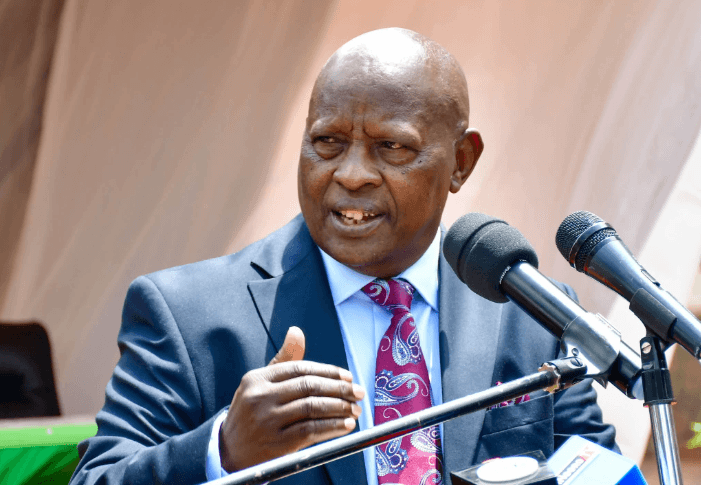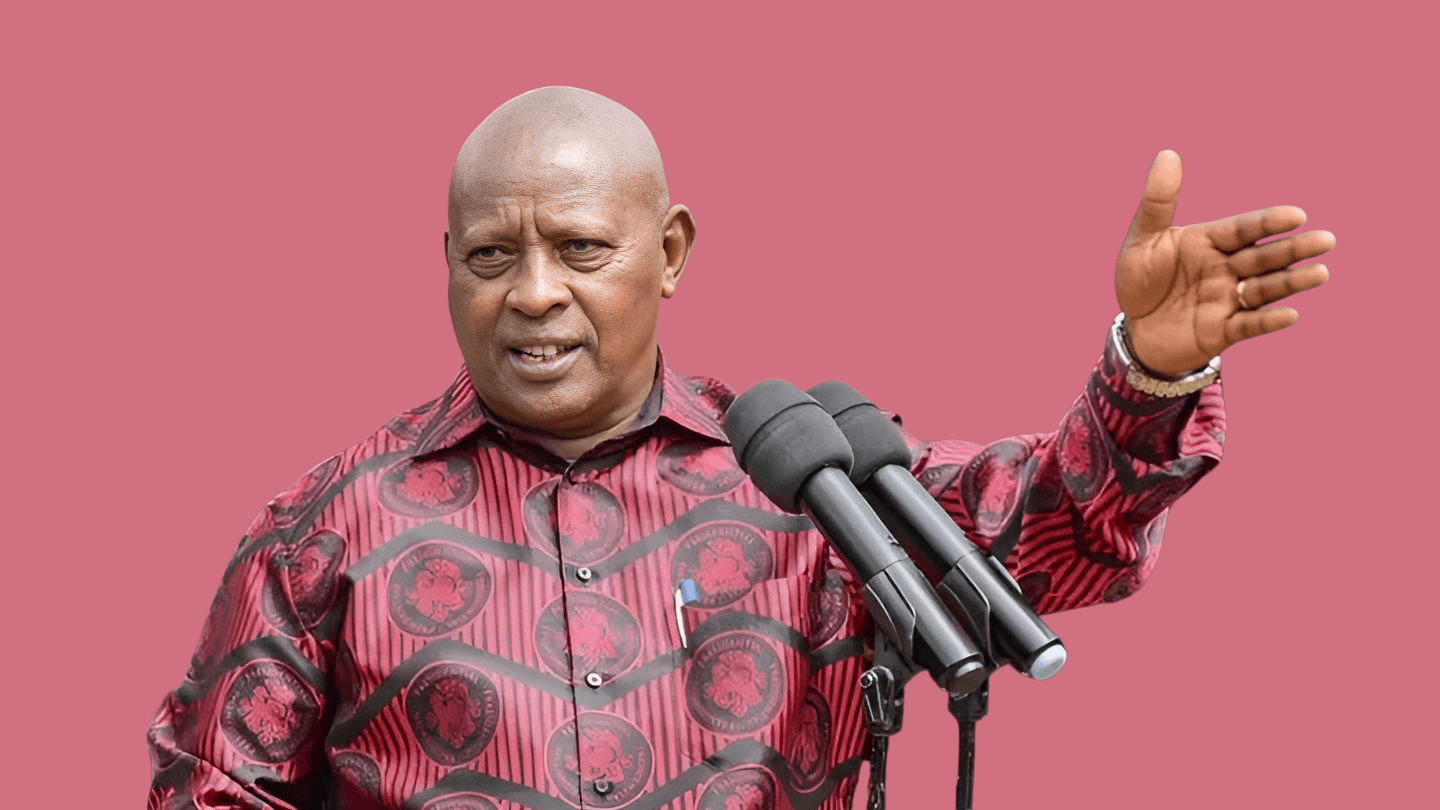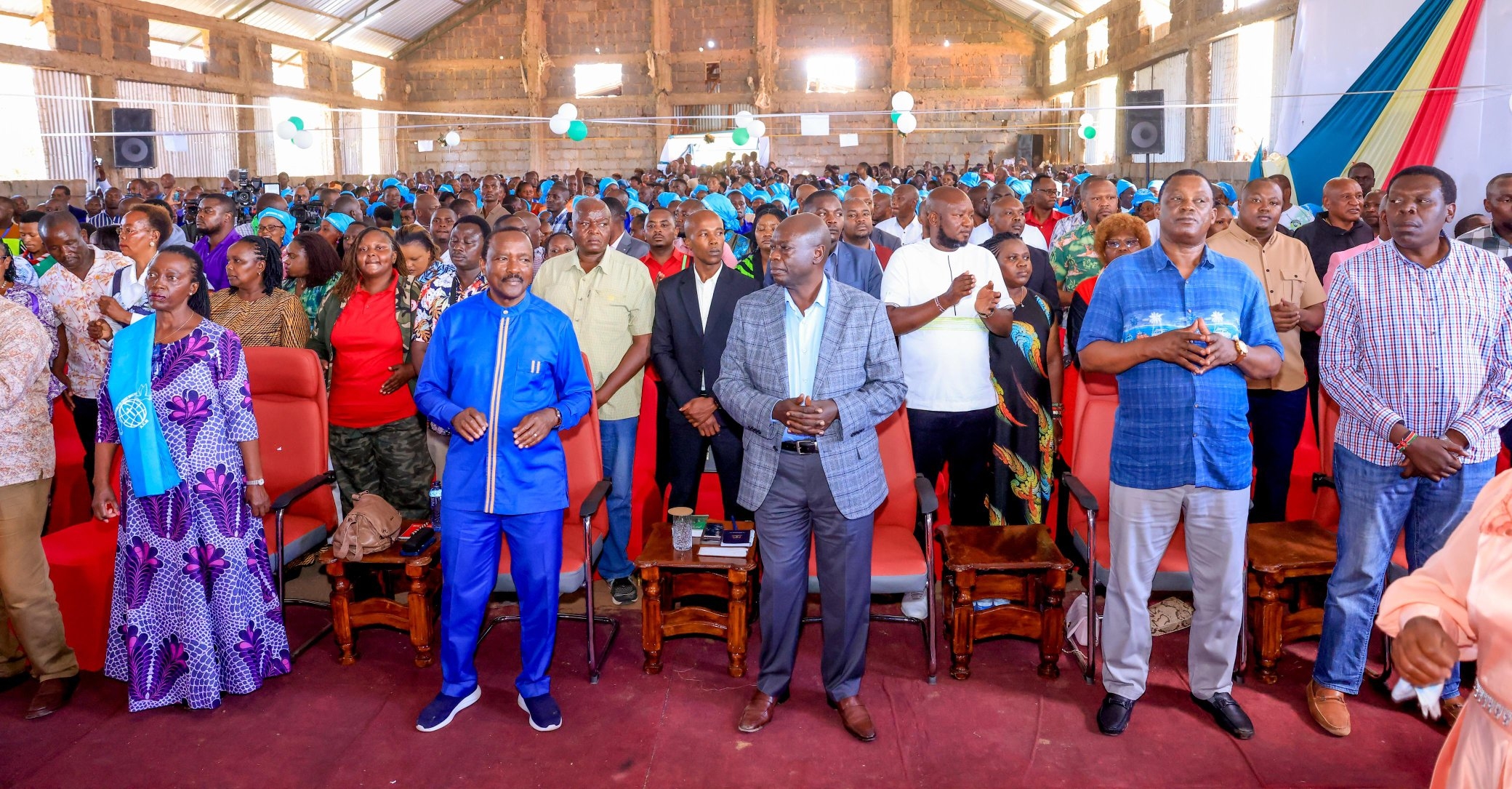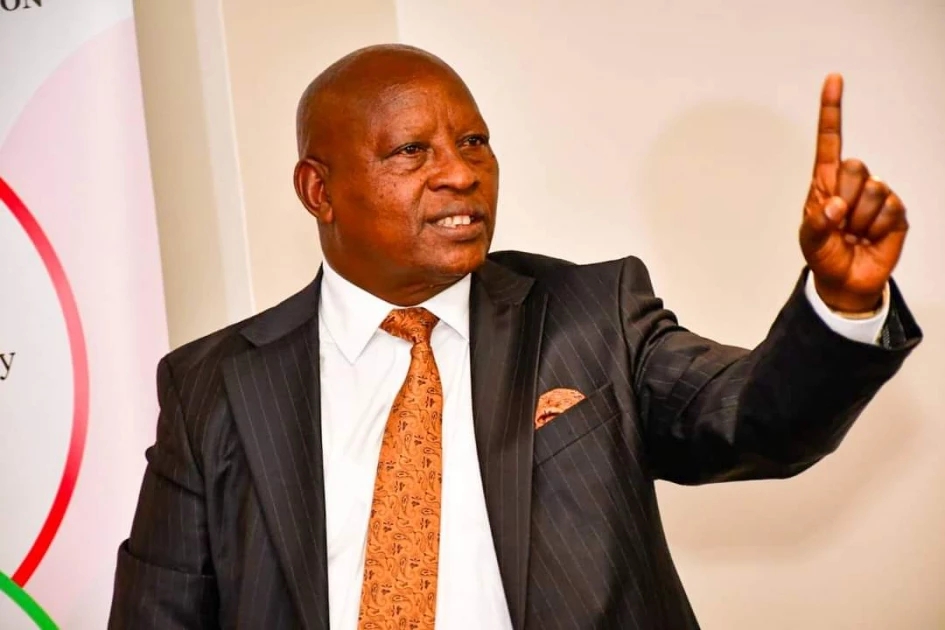The players’ union has renewed calls for temporary concussion substitutions, saying the current protocols are “jeopardising player safety”.
Football’s lawmaker, the International Football Association Board, was urged to make changes before the season. In a statement, the Professional Footballers’ Association said existing rules “put players at risk” in several recent incidents.
On BBC’s Match of the Day, Alan Shearer called the situation “not acceptable”.
Ifab says temporary concussion substitutions are “not foreseen at this stage” as concussion symptoms may not appear for up to 72 hours.
But Adam White, head of the PFA’s brain health department, said: “Put simply, the current laws of the game are jeopardising player health and safety.
“Permanent substitutions do not allow medical teams to assess a player with a potentially serious brain injury in an appropriate environment. The rules, as they are, create an extremely challenging situation and offer no support to medical personnel.”
The statement also expressed alarm that Uefa is yet to integrate the existing permanent concussion substitution rules into major European competitions like the Champions League, Europa League and Nations League.
Fresh debate over head injury regulations came to the fore after Aston Villa’s Emiliano Martinez took a blow to the head in an accidental collision with team-mate Tyrone Mings during his side’s 4-0 defeat at Newcastle on Saturday.
The Argentine goalkeeper initially stayed on and received lengthy treatment before being replaced shortly afterwards. The Premier League has written to Villa, asking for their observations following the incident.
“He should be able to go off and be assessed for 10 minutes and the subs should be able to come on, and that [Martinez going down a second time] is what happens 10 minutes later,” Shearer said.
“If he goes off and he’s assessed, there’s no way that he’s allowed back on the field of play, like he is in this instance. It shouldn’t happen. They’re failing players by not allowing temporary substitutions to come on.”
In December 2020, Ifab invited competitions to take part in a trial of permanent concussion substitutions and they were introduced in the Premier League in February 2021. The rule allows for a permanent substitution to be made if a player suffers a head injury - regardless of the number of replacements a team has already used.
While it was viewed as a step forward in the sport’s battle against neurogenerative disease, the option to temporarily replace players while they undergo a head injury assessment is still unavailable.
Ifab told the BBC: “Temporary concussion substitutes are, regardless of the recent incidents, not foreseen at this stage as they could, at best, only be applicable at the highest levels of the game where there is suitably qualified medical staff available at the match venue.
“Even then, there are inherent risks in allowing a player to return to play as the symptoms of concussion are not always immediately present or identifiable (delay of symptoms often more than 30 minutes to up to 72 hours), and a second ‘concussion event’ could have very serious health consequences.
“However, the Ifab has always made clear that it is open to considering alternative protocols if there is clear medical evidence which would support such alternative approaches.
“The permanent concussion substitution model allows players to be properly assessed by medical personnel [whether in stadium or off-site], with no time pressure and no numerical disadvantage for their team.
“These are the main reasons why medical experts suggested to focus on this approach, which is now being trialled.”
Former Celtic, Blackburn and Norwich striker Chris Sutton was among those urging Ifab to change its rules earlier this year. The pundit told BBC Radio 5 Live’s Monday Night Club: “Everybody would have seen the incident at the weekend and the question everybody would ask is...is the current protocol fit for purpose? Are the players’ best interests at heart? We know the answer.
“So why is Ifab not doing this? I don’t understand. It will come in eventually and will be forced in eventually but do we have to wait until someone dies on the pitch?
“Something has to give and something has to give quickly. Other sports do it, other sports have stepped up. What is the best procedure for players’ welfare? The best is for temporary concussion substitutes.
“It’s insulting to say they can bring VAR in at the highest level, but can’t bring in a procedure which may save lives further down the line.”
Luke Griggs, interim chief executive of brain charity Headway, repeated the calls for temporary substitutions, adding: “Football’s stubbornness to adapt is putting the short and long-term health of players at risk and change can no longer be resisted at the highest level of the sport.”











